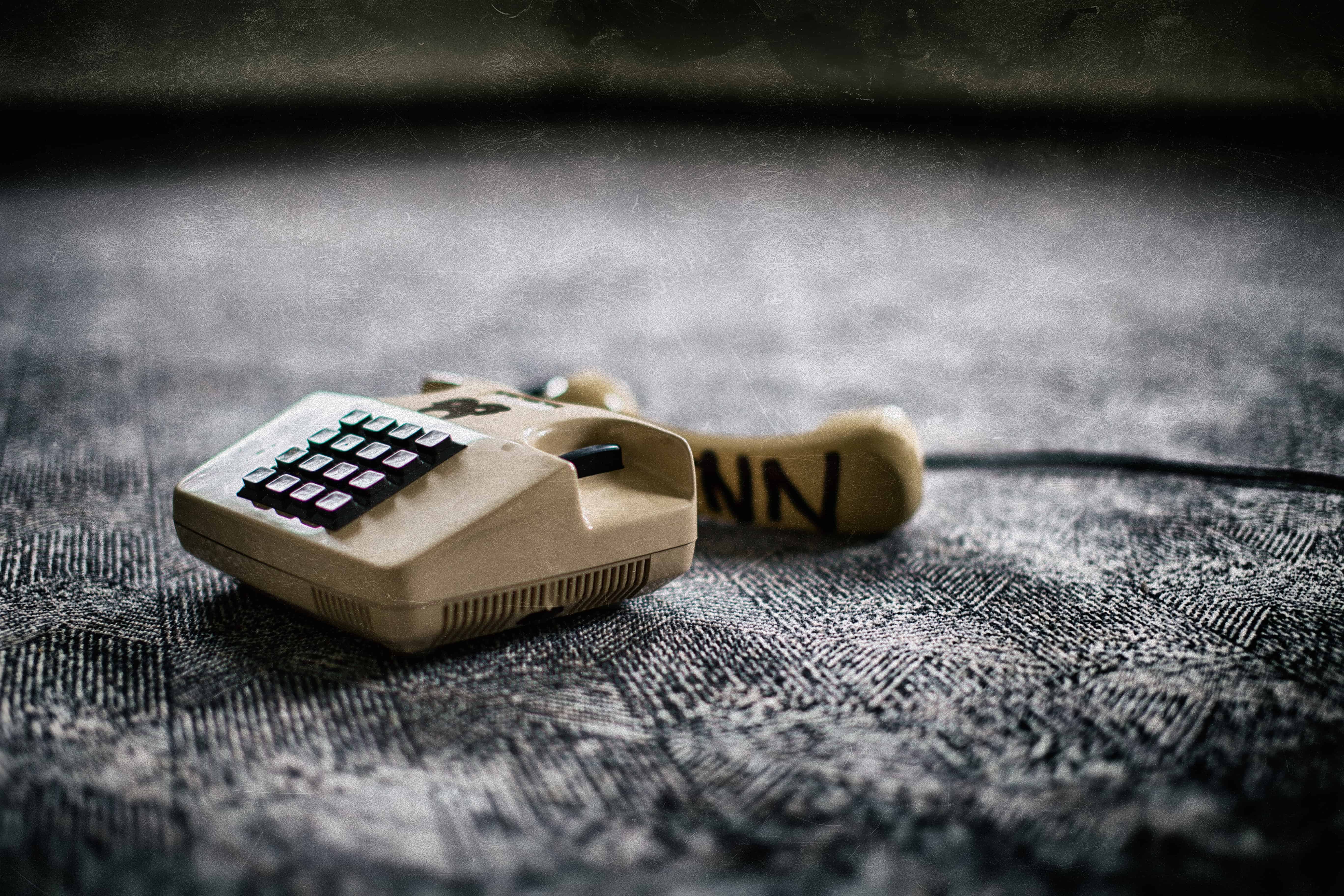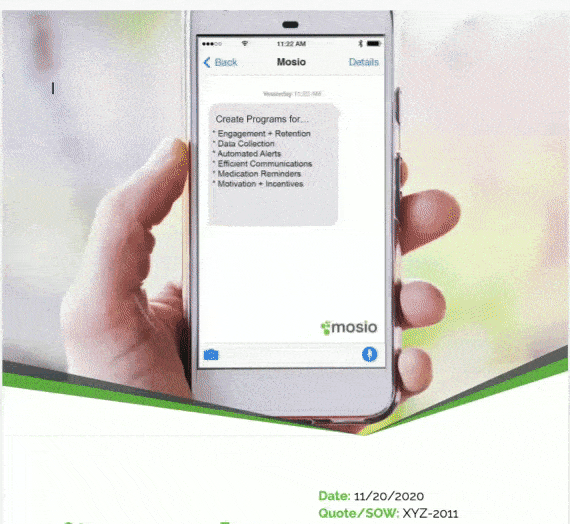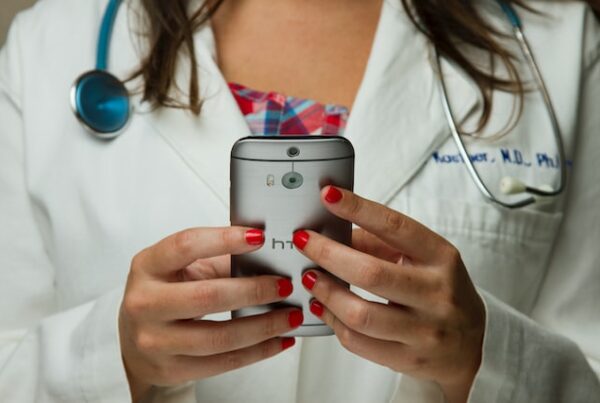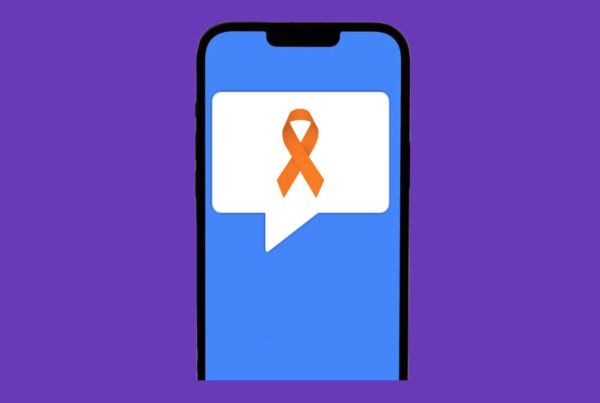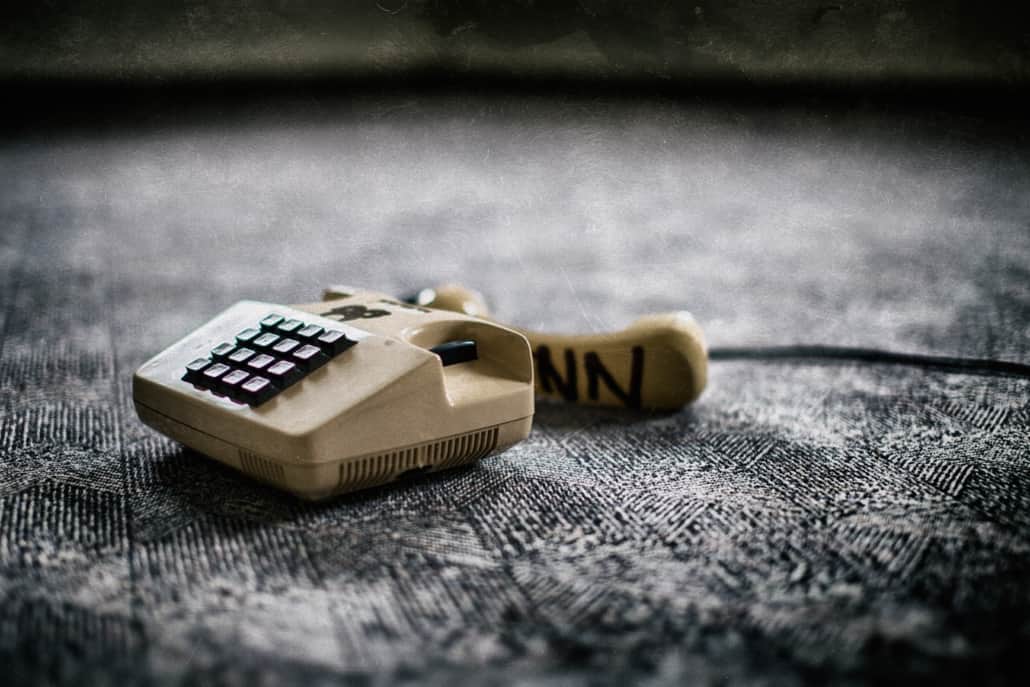
Photo by Denny Müller on Unsplash
Do you ever wonder why no one answers the phone anymore? Unless you know who is calling, do you? Keeping up with technology can be a challenge. It’s a part-time job just trying to follow the most recent iPhone updates. So, what should clinical researchers do? For starters, you can stay ahead of the game by knowing the extensive array of advanced tools and technology that can help you deliver the best clinical research study possible. Don’t worry, you won’t have to do too much research because updates to not-so-new-anymore technology has already done the work for you: Text messaging is one effective, technologically advanced tool, and here’s why you should have a textline for your communications.
Reach Many Participants Anytime, Anywhere
Unlike old-fashioned telephone calls that are as outdated as the newspaper, text messaging enables you to reach a lot of patients at once anytime and anywhere. By using convenient features like two-way chat, you can easily communicate with participants on their terms. More specifically, two-way chats enable you to receive and respond to text messages from participants, providing ongoing communication and support throughout the study.
As shown in a preliminary study where researchers in China and at Yale University examined the role that text message intervention plays on improving heart health, the Chinese patients who were studied really liked the text messages that were used in the study, and patients of other clinical trails often share similar views about this mode of communication. Clearly, text-messaging is an alternative and promising strategy for reaching participants in all types of research studies.
Send Surveys, Appointment & Medication Reminders, And Motivational Texts
When you want to execute a variety of tasks in a timely manner, text messaging is the secret weapon that will help you accomplish this goal. Text messaging surveys can easily be sent to participants for recruitment and data collection efforts. Appointment and medication reminders can also be sent by text message to ensure study adherence.
Text messaging is also a great tool for motivating participants. In fact, the researchers in the study mentioned above sent daily text messages to the Chinese patients, encouraging them to maintain their prevention lifestyle, which included taking prescribed medication, engaging in regular exercise, and eating a healthy diet. Sending motivational texts definitely guide patients along their research study journey.
Deliver Attractive Incentives
Giving patients incentives and rewards is another motivation strategy that clinical researchers often employ.
Before text messaging was available, health and medical researchers relied on phone or email to coordinate a date and time for patients to pick up their incentives. Very old school, right?
Fortunately, there is a better way. Yes, you guessed it. Text messaging. With SMS messaging, digital gift code can be sent straight to participants’ mobile phones after they complete desired research activities and actions. Many text messaging platforms even support incentives for popular brands and services including Amazon, pre-paid credit card vendors, Red Door Spa, CVS Pharmacy, Sephora, and many more.
Text Messaging Is The Answer
Since people aren’t answering the phone anymore, text messaging is by far the most effective technology to communicate with research participants in today’s busy society. So, are you ready to say goodbye to talk and hello to text?
Are you looking to improve engagement, adherence, and data collection efforts? Get a texting line for your study. Get quick access to our pricing guide here.


